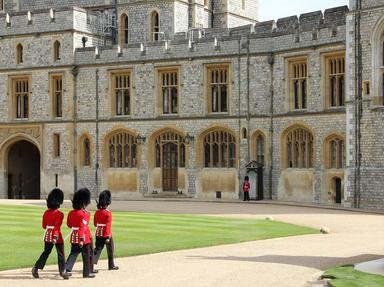
Should Have Succeeded Trivia Quiz
Over the course of British history, there have been a number of individuals that should have succeeded to the throne, but died before they had the chance. Can you match the monarch with their late heir?
A matching quiz
by Red_John.
Estimated time: 4 mins.